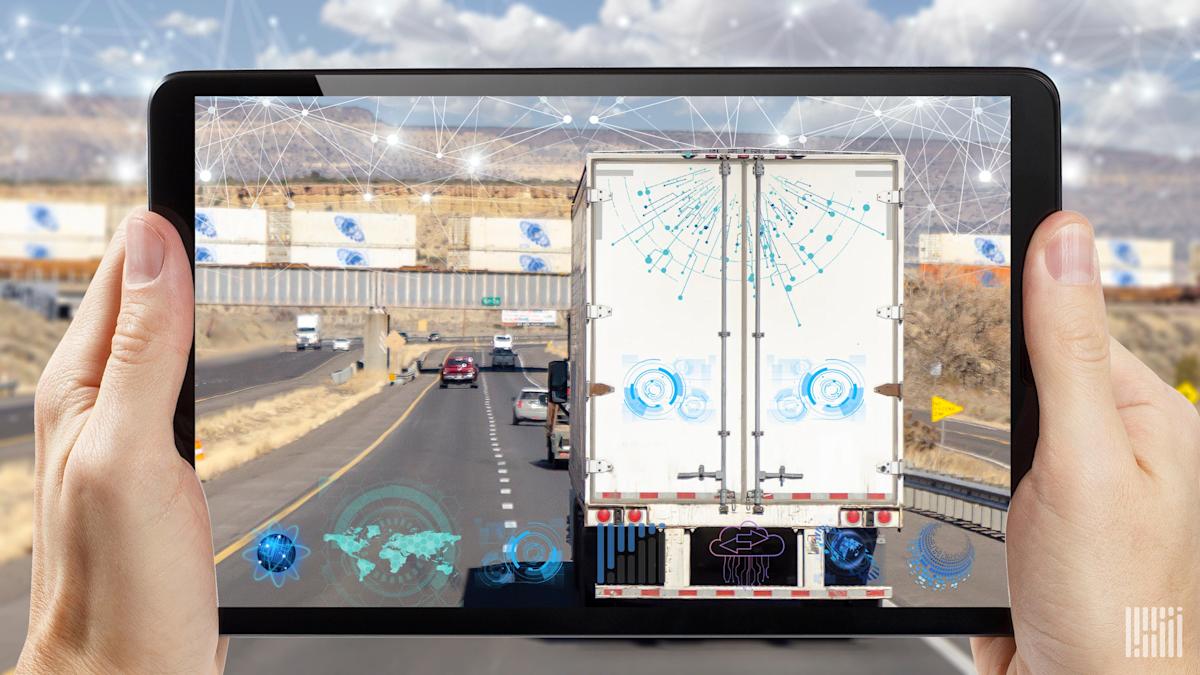How Cleo’s AI tackles integration errors in supply chains
Integration errors have become one of the quietest but most consequential threats to operational continuity. A single misrouted message, authentication failure, or API timeout can stall inbound freight orders, break TMS workflows, derail warehouse labor planning, and trigger cascading SLA violations that chip away at margin.
For many organizations, these errors aren’t rare edge cases; they’re weekly, sometimes daily, disruptions that demand technical expertise that most supply chain teams simply don’t have.
Cleo believes that shouldn’t be the norm. The company’s newly launched AI-powered Intelligent Error Resolution capability represents a fundamental rethinking of what exception management should look like in a modern, data-driven supply chain.
Instead of treating integration failures as opaque technical problems that must be triaged by IT, the system presents a guided, human-readable path that anyone, from a warehouse planner to a customer success manager, can follow to identify an issue, understand what caused it, and resolve it immediately.
Dylan Lee, Senior Director Product Marketing at Cleo, said, “Before Intelligent Error Resolution existed, customers were largely stuck in one of two worlds. In outsourced integration environments, they had to depend entirely on a vendor to diagnose and fix issues, often enduring days-long delays with little understanding of what went wrong. In fully self-service environments, teams had full ownership—but also full responsibility. They were handed logs, error codes, and long technical descriptions that forced them into a needle-in-a-haystack hunt just to find the root cause.”
Cleo’s goal was to rethink that model entirely. Intelligent Error Resolution brings together AI-driven detection, categorization, and user guidance so that anyone, not just a developer, can troubleshoot and resolve an issue. Errors are automatically grouped, contextualized, and summarized in plain language.
The system highlights what happened, why it happened, who or what system was impacted, and what steps will fix the problem. In Cleo’s early pilot, the platform was able to automatically consolidate 96% of incoming errors into meaningful clusters, dramatically speeding up internal support workflows and validating that the approach worked.
The stakes, Lee notes, are far greater than a technical inconvenience. A seemingly minor inbound connection error can trigger partner phone calls within minutes. An unaddressed failure to accept an inbound order can cause a shipper to miss a retailer’s SLA and rack up hundreds of dollars in EDI chargebacks, fees that easily scale into the tens of thousands for large distributors.



Leave a Comment
Your email address will not be published. Required fields are marked *